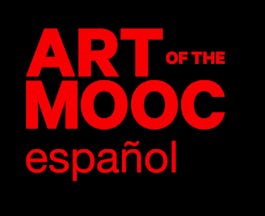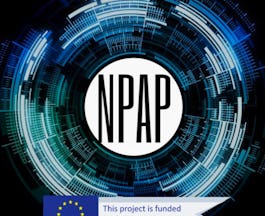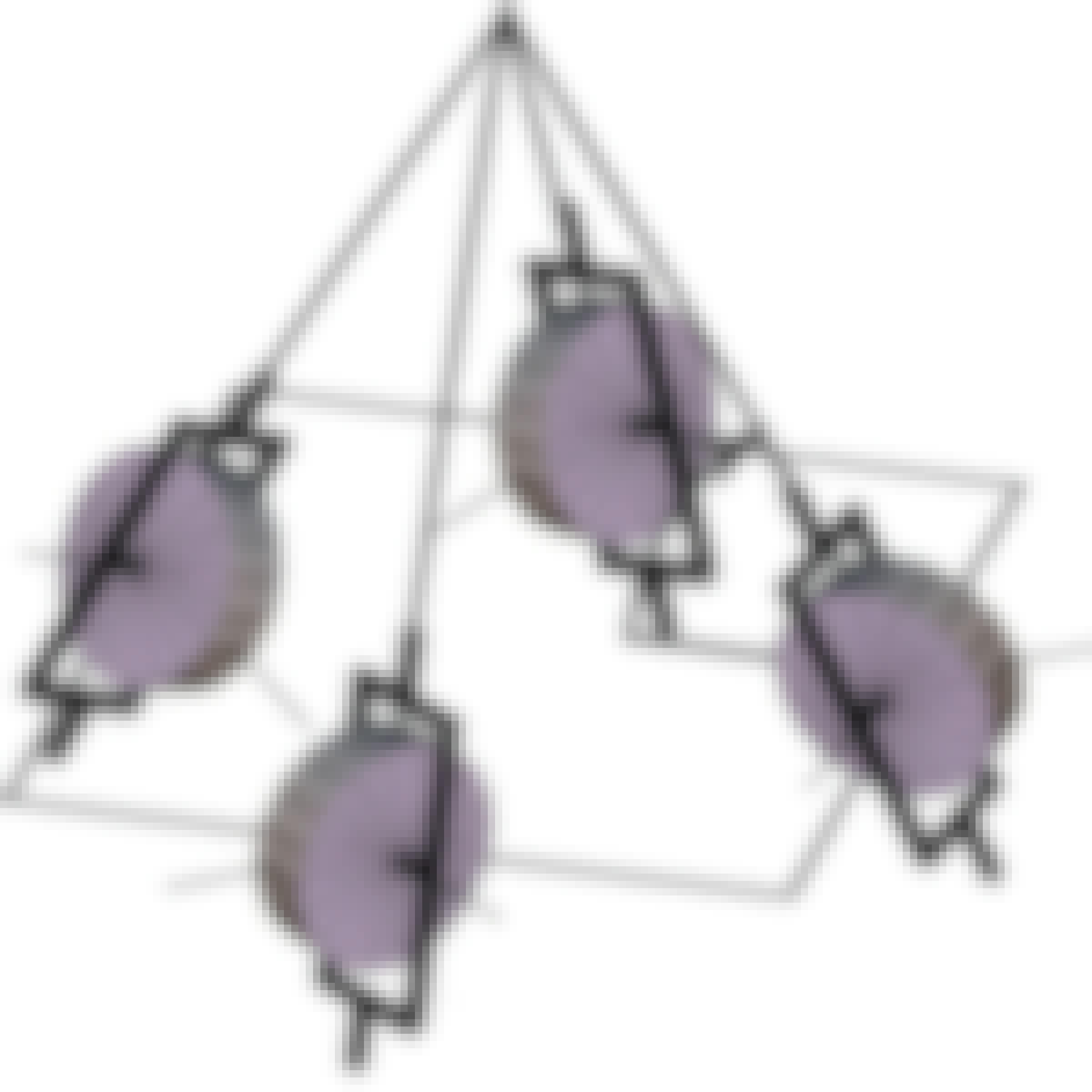Filter by
The language used throughout the course, in both instruction and assessments.
Results for "time-to-event+modeling"
 Status: Free
Status: FreeDuke University
 Status: Free
Status: FreeCoursera Instructor Network

University of Maryland, College Park

University of Virginia
Skills you'll gain: Market Analysis, Marketing, Strategy, Strategy and Operations, Game Theory, B2B Sales, Decision Making, Product Lifecycle, Product Marketing, Sales
 Status: Free
Status: FreeLund University
Skills you'll gain: Experiment

Vanderbilt University
Skills you'll gain: Communication, Creativity, Problem Solving, Writing

Illinois Tech
Skills you'll gain: Data Model, Database Theory, SQL

University of Michigan
Skills you'll gain: Accounting, Financial Accounting, Financial Analysis, Financial Management

University of Colorado Boulder

University of Virginia
Skills you'll gain: Marketing, Strategy, Strategy and Operations, Customer Analysis, Sales, Business Analysis, Product Strategy, Leadership and Management, Market Analysis, Product Marketing, Design and Product, Product Management, Entrepreneurship, Market Research, Accounting, Decision Making, Game Theory, B2B Sales, Cost Accounting, Product Lifecycle, Business Psychology, Marketing Psychology, Retail Sales

University of Pennsylvania

University of California, Irvine
Skills you'll gain: Writing
In summary, here are 10 of our most popular time-to-event+modeling courses
- ART of the MOOC: Activismo y Movimientos Sociales: Duke University
- Introduction to Market Research: Coursera Instructor Network
- Generating Vision: Long-Term Ideas to Motivate Stakeholders: University of Maryland, College Park
- Market and Competition in Pricing Strategy: University of Virginia
- Introduction to Particle Accelerators (NPAP MOOC): Lund University
- Prompt Engineering for Educators: Vanderbilt University
- Introduction to Relational Databases: Illinois Tech
- Introduction to Healthcare Accounting: University of Michigan
- Advanced Capstone Spacecraft Dynamics and Control Project: University of Colorado Boulder
- Pricing Strategy Optimization: University of Virginia










